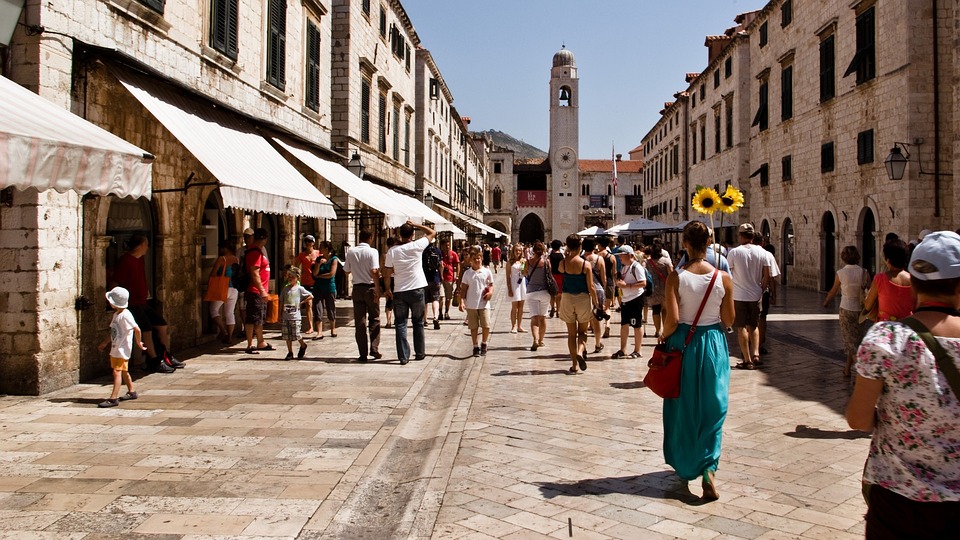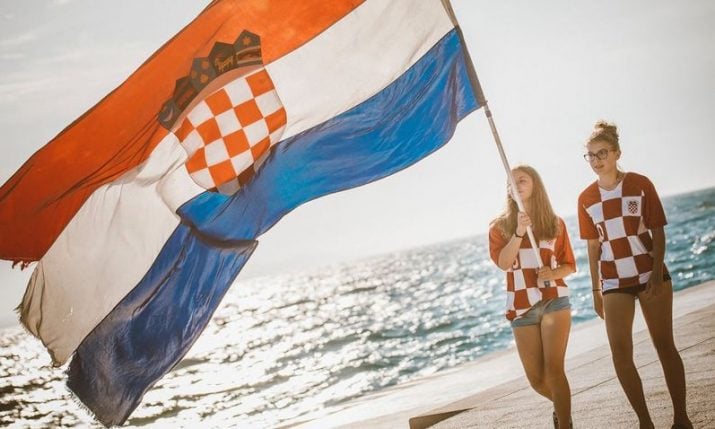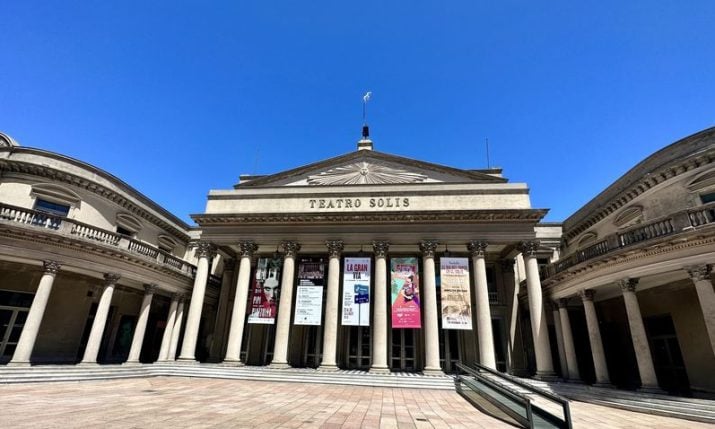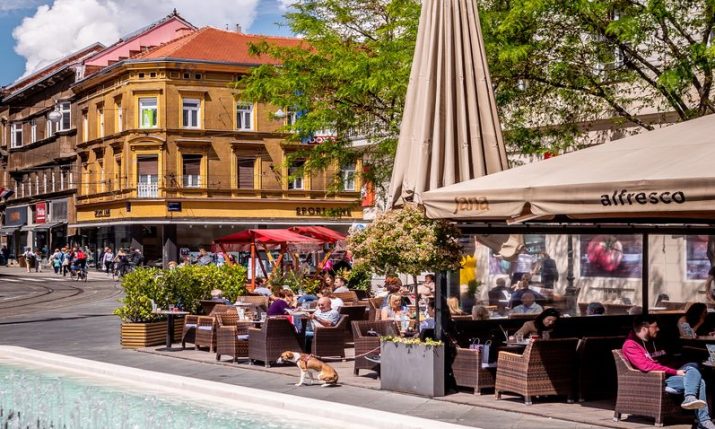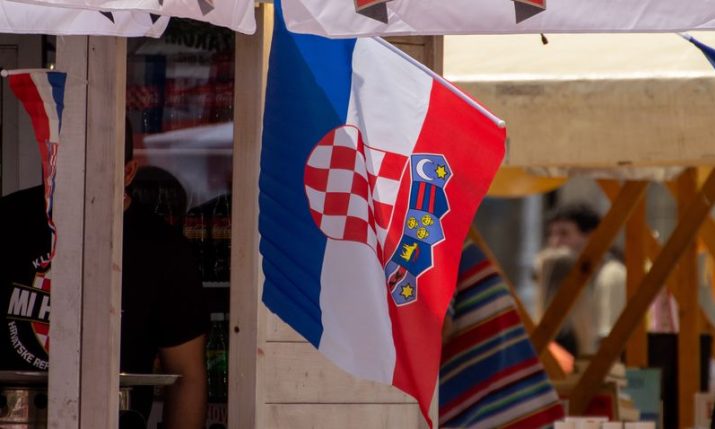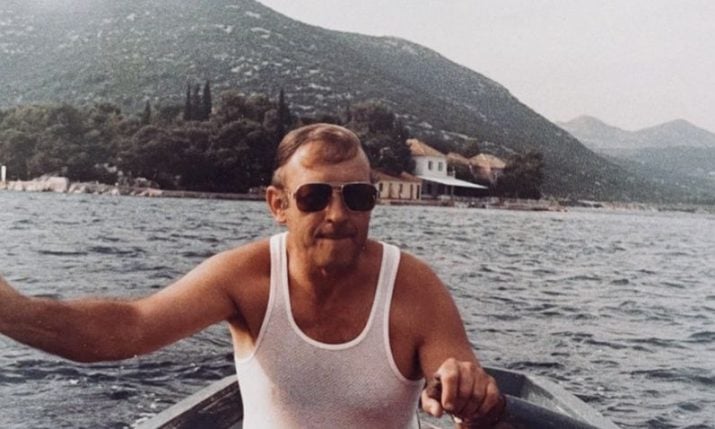Young Croatians & the English Language
- by croatiaweek
- in News
By Iva Ralica
It is said that young Croatians usually speak English very well. Better than most from other Slavic language speaking countries.
It is not just knowledge of English that young Croatians are generally competent, but also pronunciation. For example young Croatians are generally not lumped in the same basket as Russians when it comes to pronunciation and on a whole seem to have less difficulty with English vowels than counterparts from other Slavic-speaking nations.
A number of factors have helped Croatians in learning foreign languages. The main factor is of course children learn English in school from a young age.
All the way from kindergarten children usually are introduced to English as their first foreign language (German and Italian being basic in the certain parts of Croatia, after which English follows).
Surely a great thank you must also go to tourists visiting not only the coastal parts, but also inland Croatia, forcing locals to communicate in foreign languages. And experience multiplies the knowledge.
For others, TV has played a major part. Subtitles on movies, documentaries and series have had, and still have a great influence on youngsters in Croatia. These days most of the youngsters are affected by the US production as well as BBC shows on TV.
There are also those who enjoy foreign languages and are actually trying to use English in everyday life without it being imposed on them. With technology and communication so easy these days the learning levels are being accelerated.
But it is not all plain sailing. The English language also presents a lot of difficulties for Croatians. As a Croatian who learned English as a second language I know this first hand.
English is not too difficult a language to learn, but there is still a difference between American and British English that has to be learned. Then there is the use of the articles – when to use “the” and when “a/an”. Even though the definition is known, there are still some insecurities while using them. What follows is the past tense and the use in the same sentence.
To be honest, that is also the problem in Croatian language, because in everyday life we don´t usually use it strictly.
So if Croatian can pose problems even for those whose mother tongue it is, what hope is there for those wanting to learn it as a second language?
“One the biggest challenges in learning Croatian is definitely Croatian cases, that is learning all the ways and forms that words can change in Croatian. Learning different forms of one verb can sometimes also be a big challenge”, says Croatian language teacher at CRO to go, Mihaela Šego.
“There are always some Croatian words which are higly unpopular, or as one of my students would describe them ‘words that are simply unspeakable like zanimljivo /interesting/, zanimljivije / more interesting/ , or better yet – word najzanimljivije /most interesting/’.
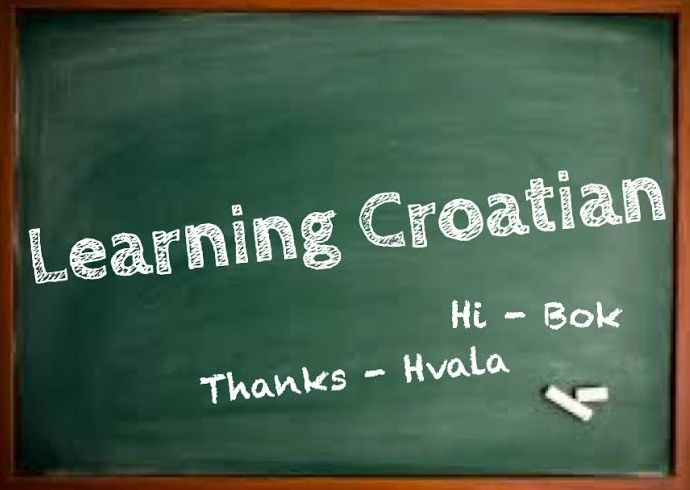
Mihaela says that in her experience the biggest obstacle people learning Croatian have to cross is realising that Croatian has a significant amount of rules, and that all of these rules have a significant amount of exceptions.
“The moment which I like to call a Croatian moment is when you stop comparing Croatian to other languages and embrace it with all the rules that sometimes seem weird to you, and exceptions which sometimes make no sense.
This is usually the moment when you start learning Croatian, and loving it, because Croatian definitely is a language like no other,” Mihaela concludes.
Check out 15 interesting facts about the Croatian language here.

